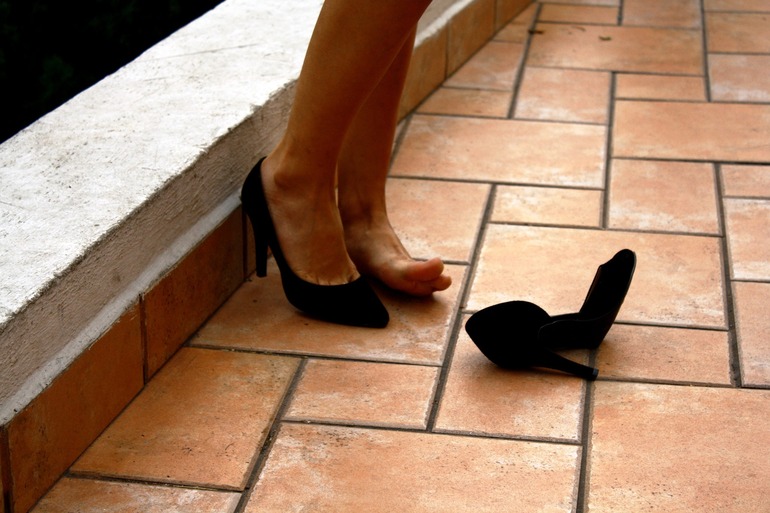The Centers for Advanced Orthopaedics is redefining the way musculoskeletal care is delivered across the region with locations throughout Maryland, DC, Virginia and Pennsylvania.
6 Podiatrist-Approved Products to Help Remove Corns

Article by Diana McKeon Charkalis via Prevention
September 14th, 2018
If you think corns are something only your grandmother has to worry about, think again.
The hard, thick patches of dry skin that build up in areas of pressure and friction on the foot frequently come from ill-fitting shoes. And heels can be some of the worst culprits.
"If there's a pressure point on an area of the foot, the skin grows more and more in that one particular area. As more skin grows, it forms the corn," explains Steven Neufeld, MD a Washington, D.C.-based orthopedic surgeon. "I see corns most commonly in women who wear shoes that are too tight."
Other causes of corns may include fallen arches that cause an abnormal gait pattern and the formation of bunions and hammertoes, which can put pressure on bony parts of the toes leading to corns, says Dana Canuso, DPM, a podiatric surgeon and founder of Dr. Canuso Skincare for Feet.
Once a corn has already formed, the best way to treat it is to determine the cause and get rid of it, says Canuso. "You may notice that a certain pair of boots, heels, or even sneakers make the corn more painful and may be aggravating it. Discontinue wearing those shoes immediately, even for a short period of time. That could be making the corn worse."
If you're experiencing significant pain, swelling, or redness around the area, or if you're diabetic, see a podiatrist, Canuso says. In the office, a podiatrist can easily remove larger corns with a surgical blade, if necessary. "They can use the blade to carefully shave away the thickened, dead skin without needing to numb or inject the area," explains Meghan Arnold, DPM, a St. Louis, MO podiatrist. "The procedure is painless because the skin is already dead."
Fortunately, medical intervention isn't usually needed when it comes to corn removal. With some detective work and patience (and maybe giving those ill-fitting heels to Goodwill) corns may go away on their own, Canuso says.
For those who find themselves dealing with mild discomfort from corns, here are six podiatrist-approved OTC products to both prevent and treat corns.